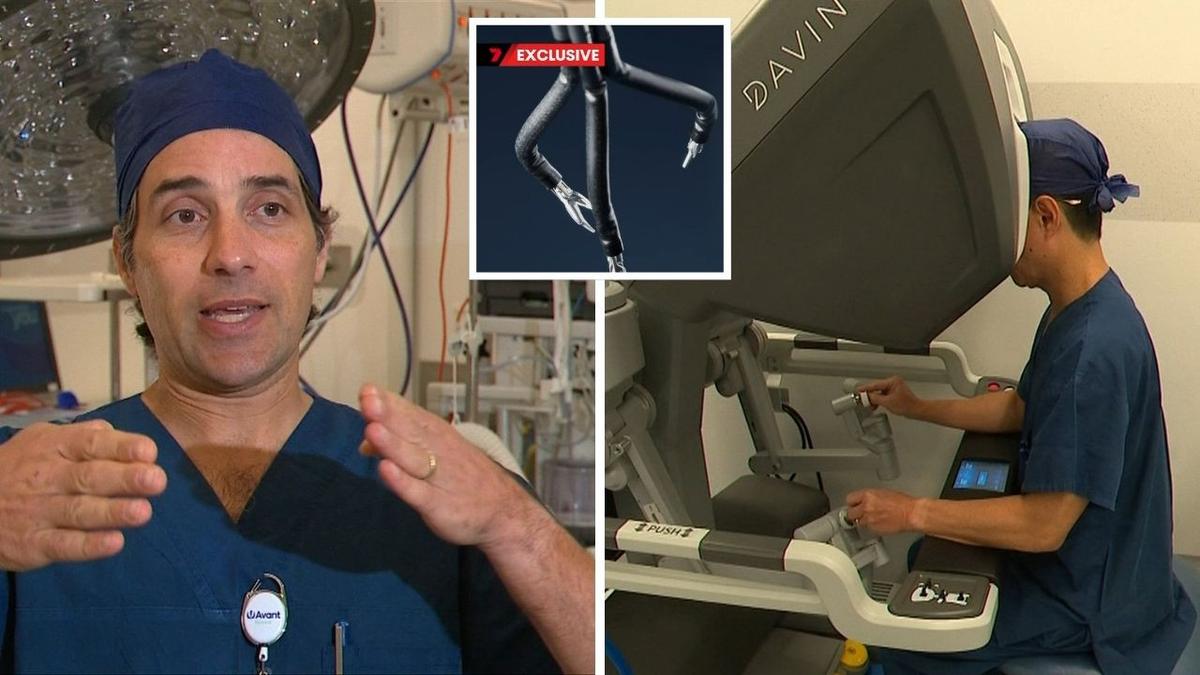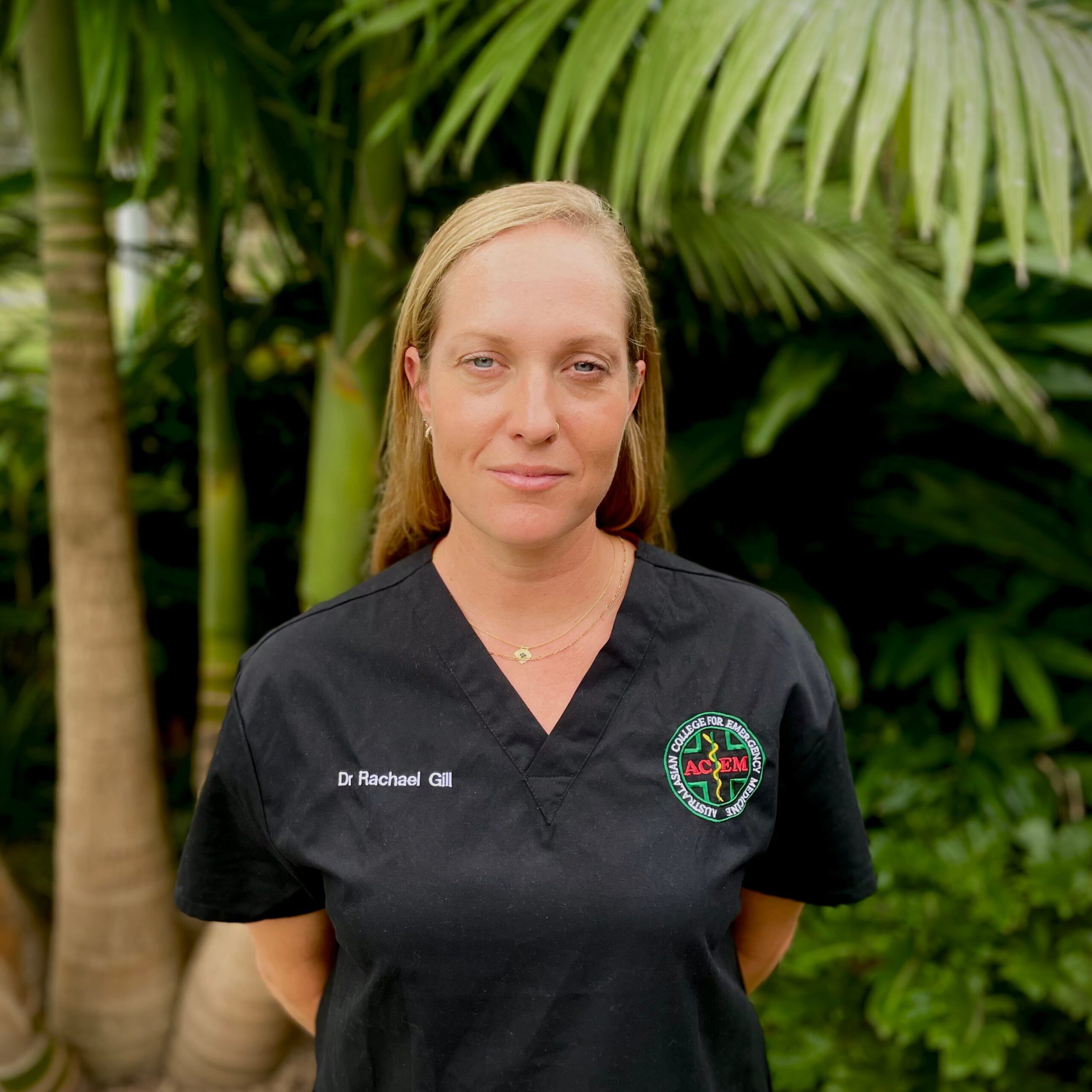
A new research initiative focused on improving voice health in the workplace has received significant funding from FORTE. This project, titled Rösten i samklang med arbetsmiljön – Vägar mot hållbar röst i arbetslivet, aims to address the prevalent voice problems faced by professionals who rely heavily on their voice, particularly teachers and call centre workers. The initiative has been allocated SEK 4,745,000 to develop strategies for preventing voice issues and enhancing overall working capacity.
Voice problems can lead to serious consequences, including extended sick leave, diminished quality of life, and reduced productivity. These challenges are particularly acute in professions where vocal communication is essential. The new research will focus on identifying risk groups within these professions, providing preventive voice training, and establishing a model for screening voice health in various work environments.
Sofia Strömbergsson, a Senior Lecturer and Speech and Language Pathologist at the Division of Speech and Language Pathology, is leading the project. Her expertise will guide the team in exploring effective interventions for those who experience vocal strain.
The initiative aims not only to mitigate the occurrence of voice-related problems but also to promote sustainable vocal health among workers. By implementing preventive measures and training programs, the research seeks to create a healthier work atmosphere and improve the productivity of individuals who rely on their voice for their daily tasks.
As the project progresses, it will gather data on the effectiveness of various training methods and screening processes. The goal is to provide actionable insights that can be utilized by organizations to support their employees’ vocal health.
This research initiative represents a pivotal step in addressing the often-overlooked challenges of voice health in the workplace. By prioritizing this aspect of employee well-being, it is expected to foster a more productive and healthier workforce across sectors that depend on vocal communication.







